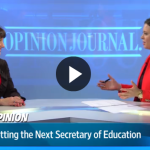
March 9, 2016
Wall Street Journal
CER’s Jeanne Allen talks to Mary Kissel on Wall Street Journal Opinion Journal about John King’s nomination for Education Secretary, as the Senate HELP committee voted 16-6 in favor of his nomination today.
Today was the second hearing on John King’s nomination. A recap of the first hearing is here, where Senator Tim Scott pressed King on DC’s Opportunity Scholarship Program. King’s nomination awaits a full vote from the Senate.










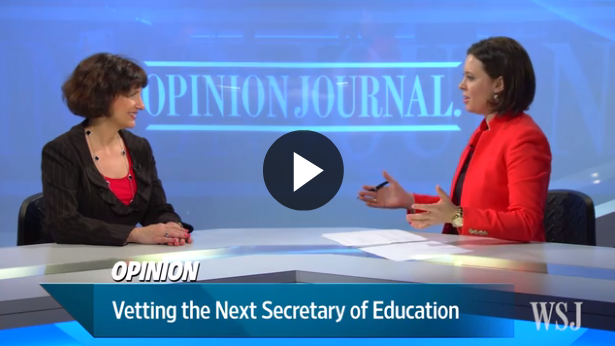
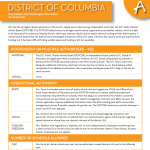
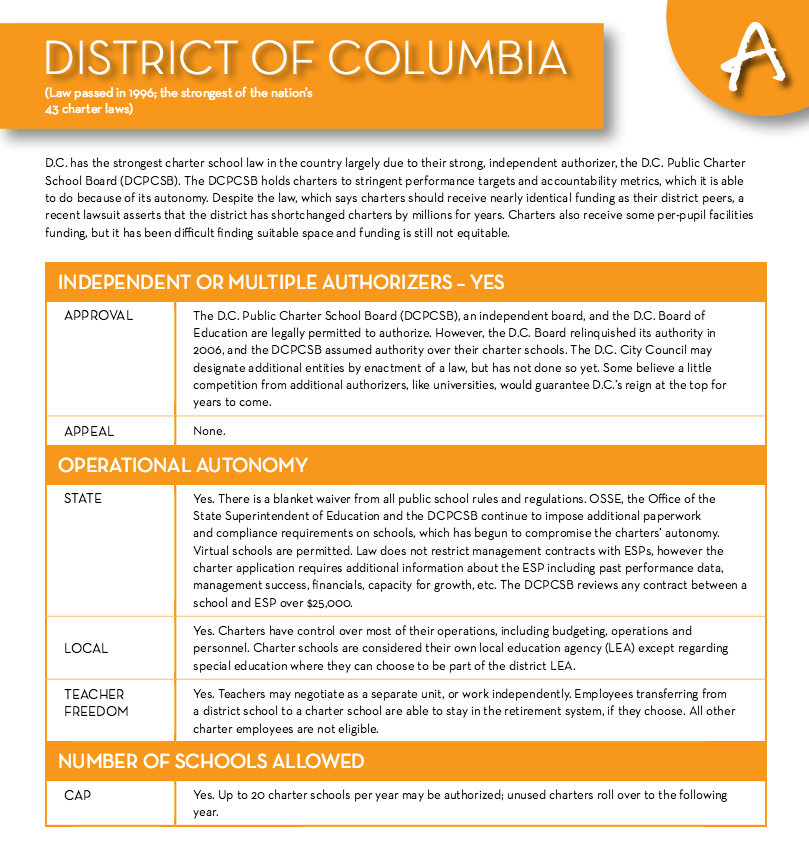
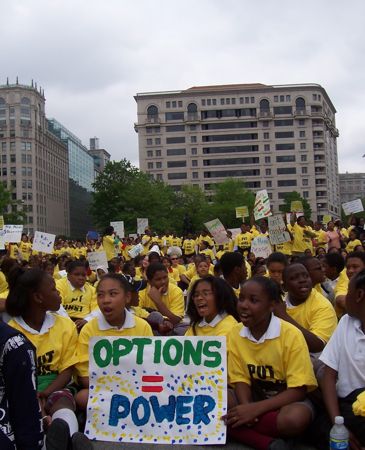 DC Opportunity Scholarship Program has been helping very low-income students for over a decade, with outstanding results. So why wouldn’t John B. King, Jr., Education Secretary nominee, be in support of using $35 million in carry-over funds to
DC Opportunity Scholarship Program has been helping very low-income students for over a decade, with outstanding results. So why wouldn’t John B. King, Jr., Education Secretary nominee, be in support of using $35 million in carry-over funds to 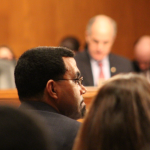
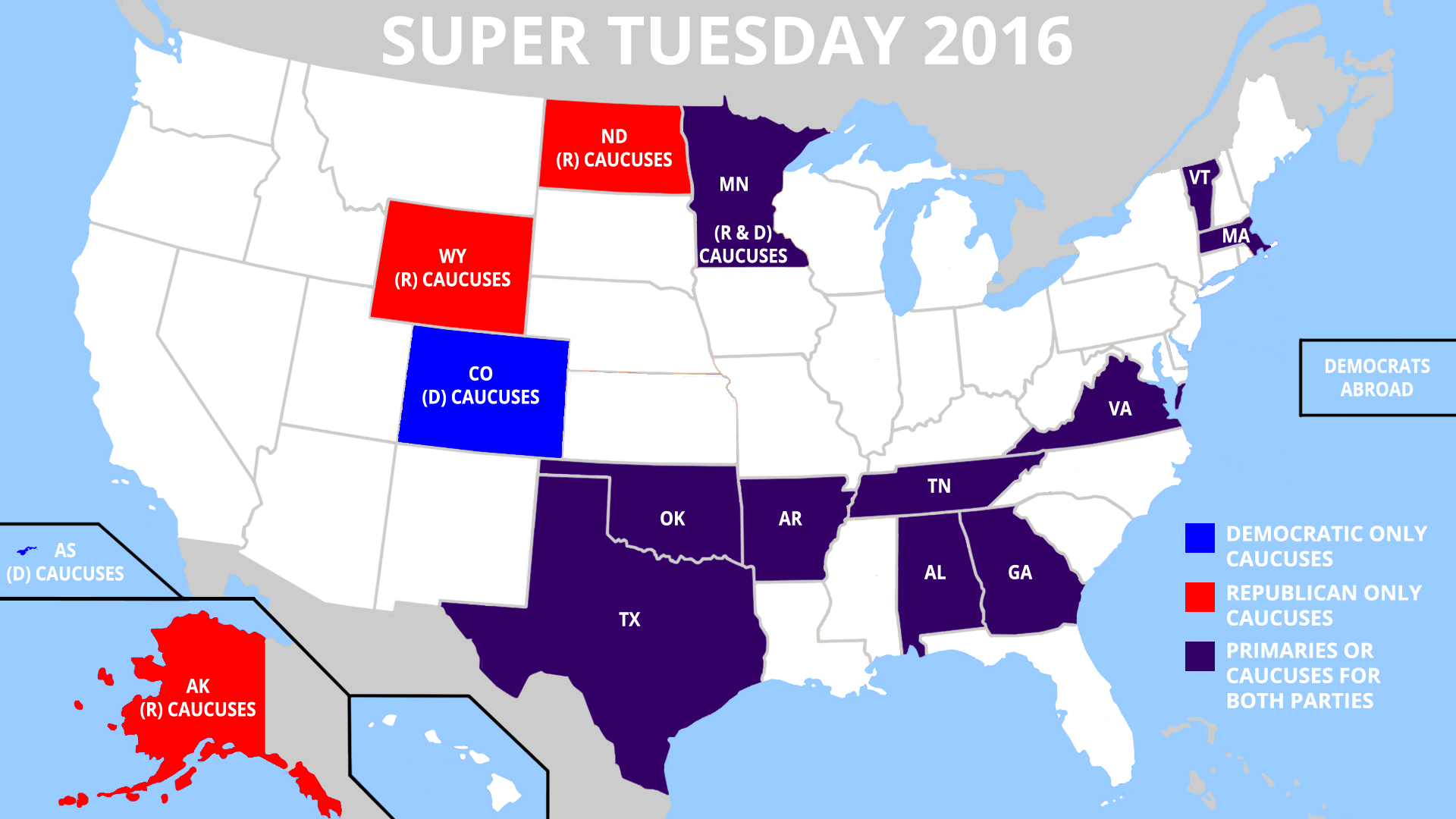
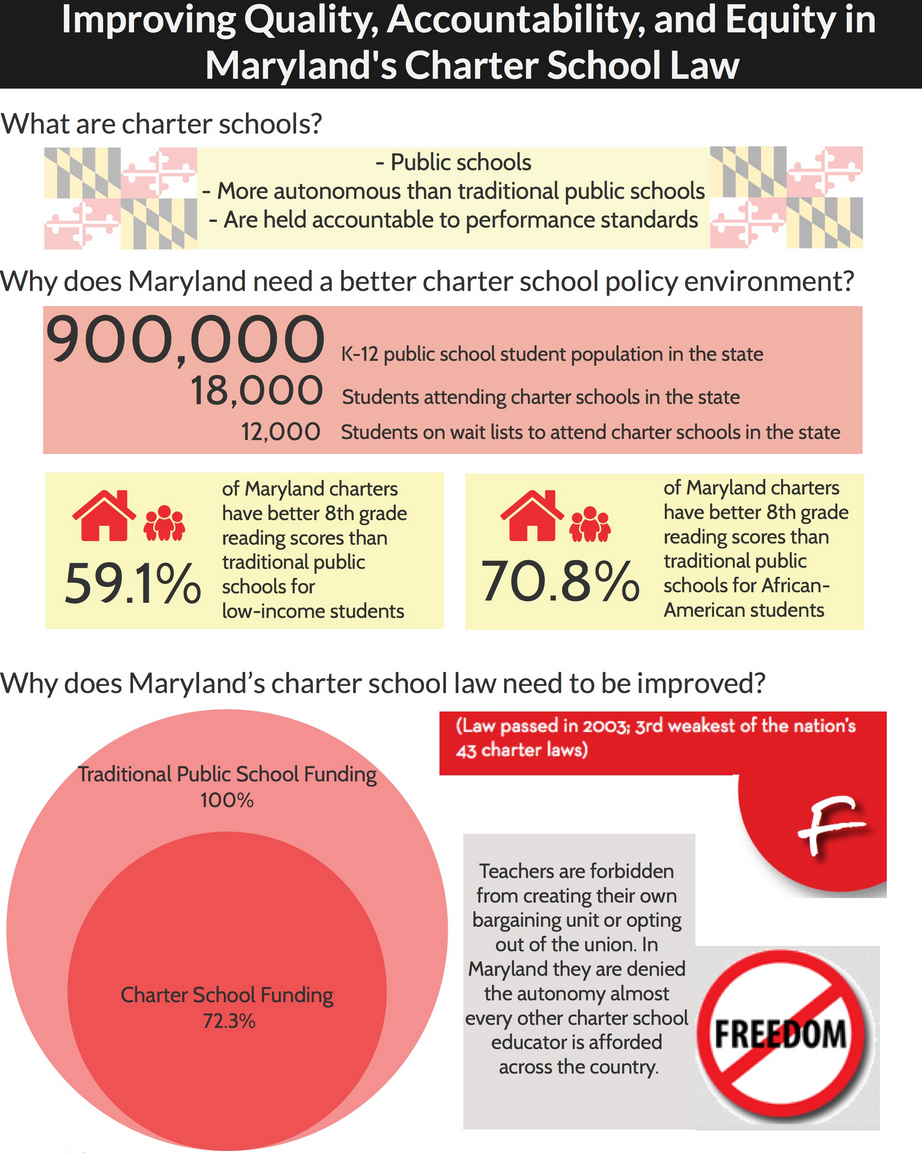
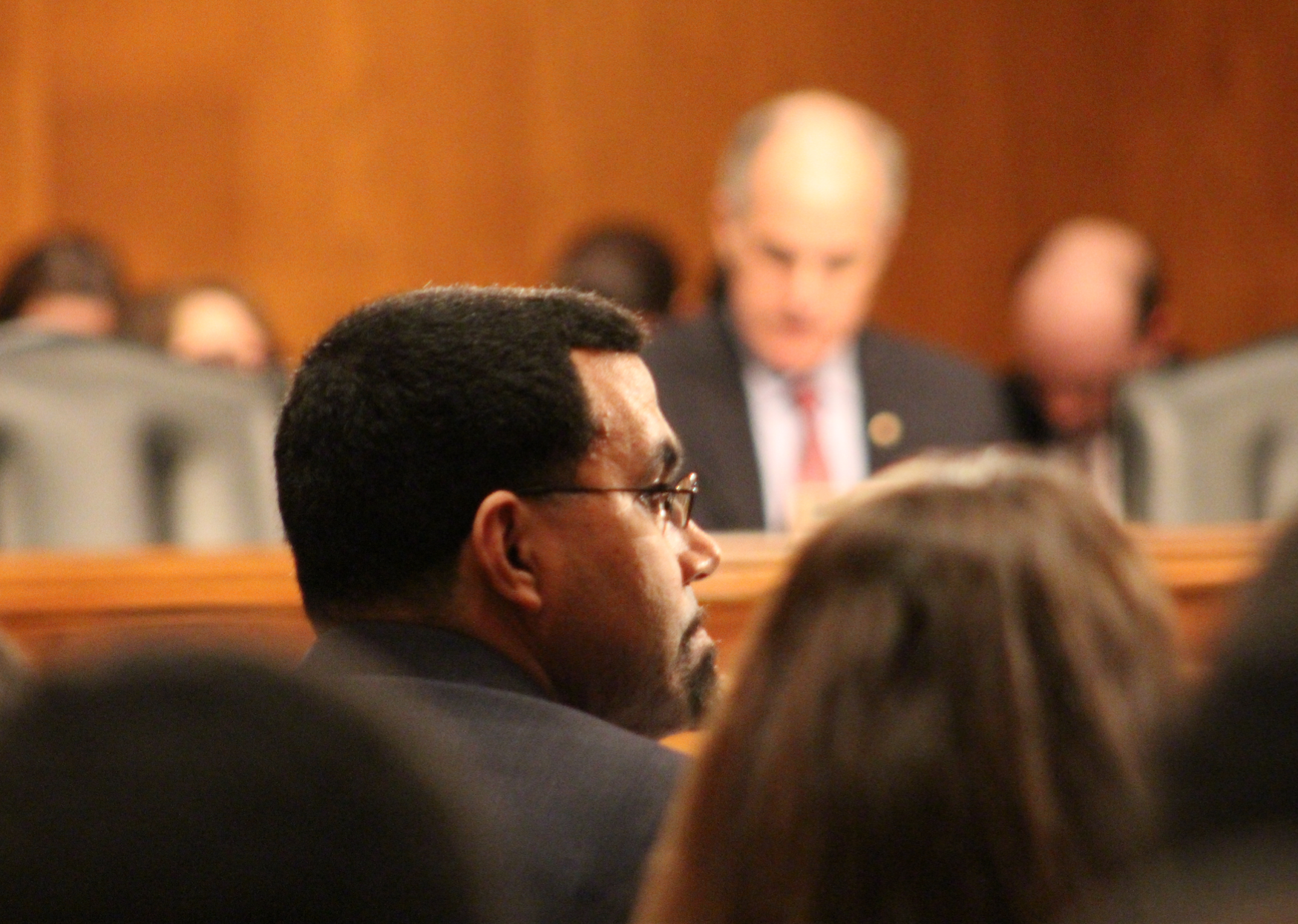
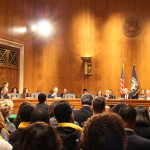
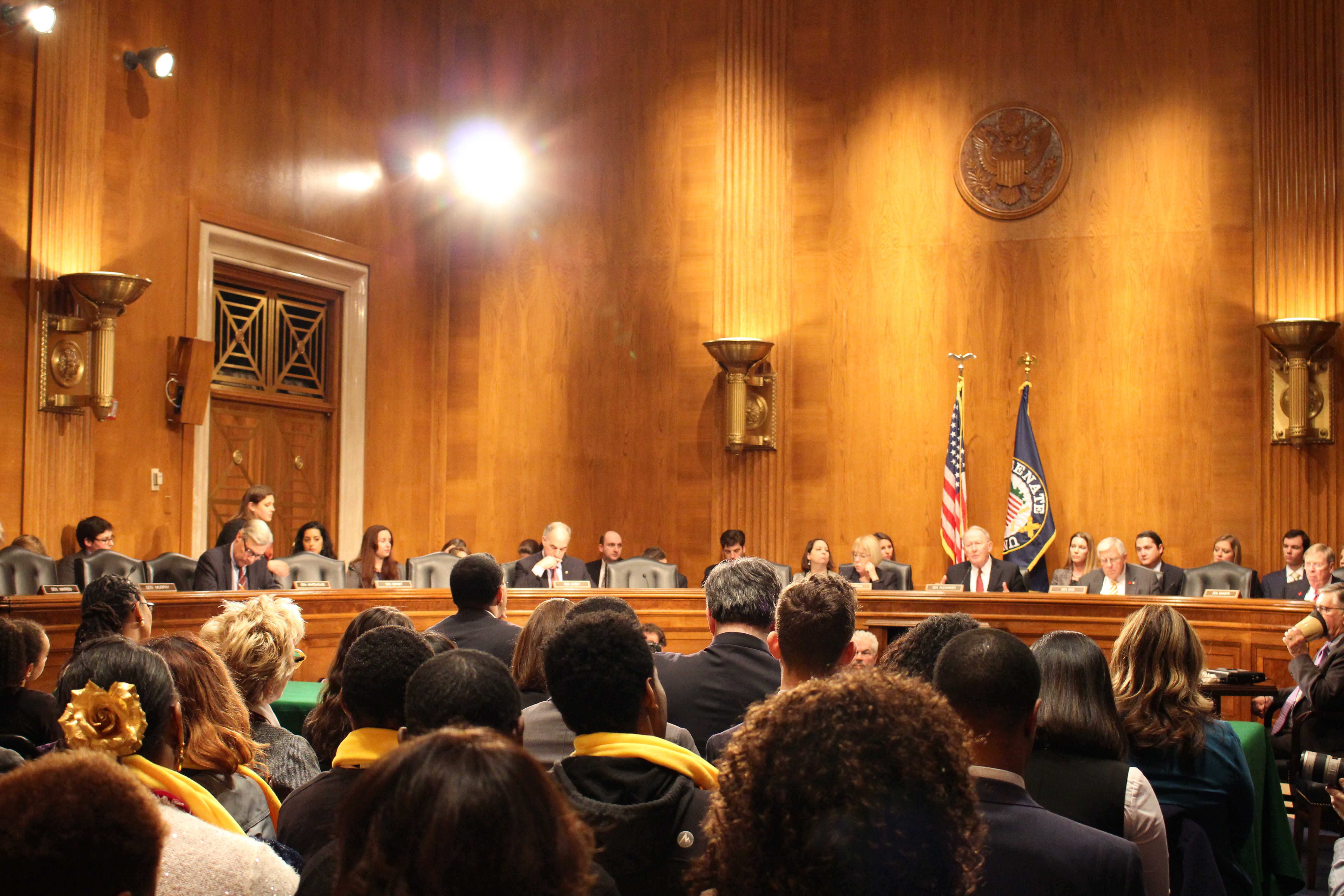

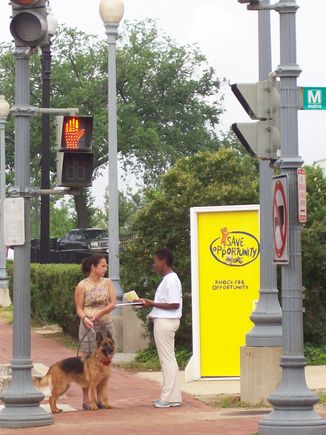 e US Department of Education to disburse over $30 million in federal funds held over from Congressional appropriations that should have gone to fund more scholarships for poor kids stuck in failing schools. Congress has the ability to force this issue and to reauthorize an expanded program for an additional five years. In addition to needing a new Secretary of Education who values the importance of Parent Power, scholarships can continue if you make your voices heard.
e US Department of Education to disburse over $30 million in federal funds held over from Congressional appropriations that should have gone to fund more scholarships for poor kids stuck in failing schools. Congress has the ability to force this issue and to reauthorize an expanded program for an additional five years. In addition to needing a new Secretary of Education who values the importance of Parent Power, scholarships can continue if you make your voices heard.  makers and community groups like the
makers and community groups like the 
Charter Schools Have Succeeded in Saving Public Education From Further Failure
When four education professors author a report about a change in public education governance that actually turns the incentives and power structure from top down control to bottom up accountability, it’s unlikely to result in anything but misrepresentations and confusion. That’s precisely what occurred in the report covered by Business Insider on January 6, one that attempts to discredit the movement that Time Magazine once called a grassroots revolution by comparing it to the mortgage crisis. The authors believe and say as much in their report that parents of students in charter schools – some 2.5 million of them – actually don’t freely make choices. These “we know best” academics infer that poor people, in particular, are not capable of doing so given their poverty or low income status (Note: 60% of all charters have a mean of 60% or more children of color and as many have a mean of more than 60% at risk, but they are not all poor, minority schools.) They clearly have never met a charter parent – or perhaps any low income parent – who despite their challenges know their children better than anyone else about what works for their child’s education.
The education academics’ inference -wrongly – is that we charter schools give a choice to people who are not qualified, much in the same way that the sub-prime housing bust was a result of giving mortgages to people who could not afford to put money down, on houses whose values were inflated. In that case, if housing prices went up, the buyer would win. If not, the taxpayer would lose – and lose they did.
In charter schools, parents make a decision to take their child from, or not enroll them, in the assigned public school. They are in the same financial position as every other parent who the government supports by funding specific traditional public school systems. If they make a choice because they believe it will be better, and they are right, their kids succeed. If they are wrong, they have the right to transfer back. The taxpayer does not lose. In fact, the taxpayer gains because the 90% of charters opened that succeed by all measure help fuel better education, better jobs and thus a better economy.
After almost 25 years of charter schooling in this nation, a movement involving some 6,800 schools, serving 2.5 million students and involving more than 4 million adults, one would think that even marginal education professors might take the time to learn first hand and read the hundreds of studies done which validate that these schools have succeeded in not only stabilizing public education but saving it from further failure.
-Jeanne Allen, Founder and President Emeritus of The Center for Education Reform